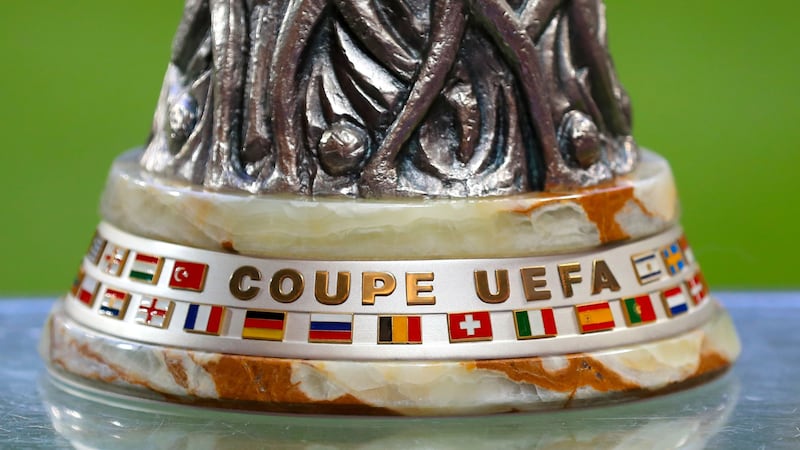Arsenal and their fans have gotten used to being a Champions League side, but after 17 years in the competition, this year they will play in the Europa League.
Formerly known as the Uefa Cup, the competition has suffered from something of a negative image in recent years.
That said, here are seven teams who prove that Europe’s secondary cup competition can be of use to the north London side.
Manchester United
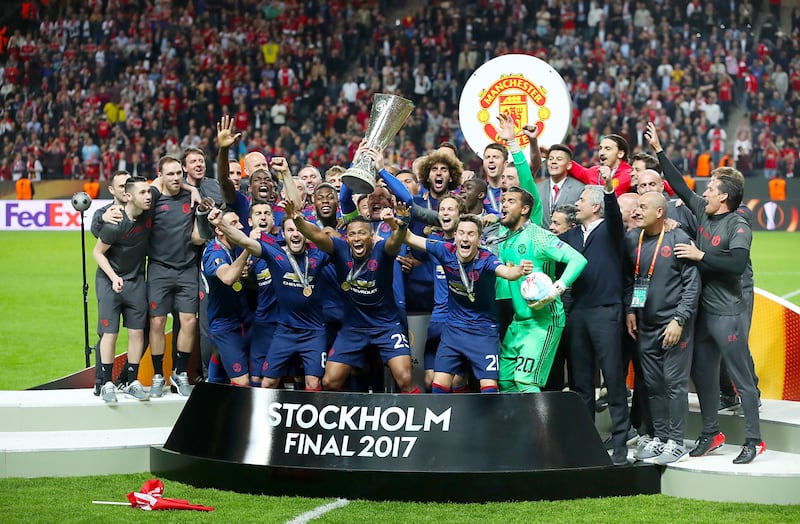
Manchester United might have used the Europa League as a convoluted path back to the Champions League, but it’s possible that the competition itself benefited the club in more ways than one.
Jose Mourinho had previously said that to win the Europa League would be “a big disappointment” while Chelsea manager in 2013, but seemed in high spirits when the final whistle went after a 2-0 victory in the final against Ajax.
A weak crop even by the second-tier European competition’s standards, Mourinho’s team faced St Etienne, FC Rostov, Anderlecht, Celta Vigo and Ajax on their way to lifting the trophy.
But perhaps dominating such opposition helped the players get their swagger back – top goalscorers Henrikh Mkhitaryan, Paul Pogba and Zlatan Ibrahimovic are all better than Europa League level, and demonstrated as much.
The past few seasons had seen former players claim Old Trafford had lost its aura.
But now, the 13-time Premier League champions are top of the division after four games, and kicked off their Champions League campaign with a comfortable win – feeling like big players in the Europa League last season might not have hurt their cause.
Chelsea
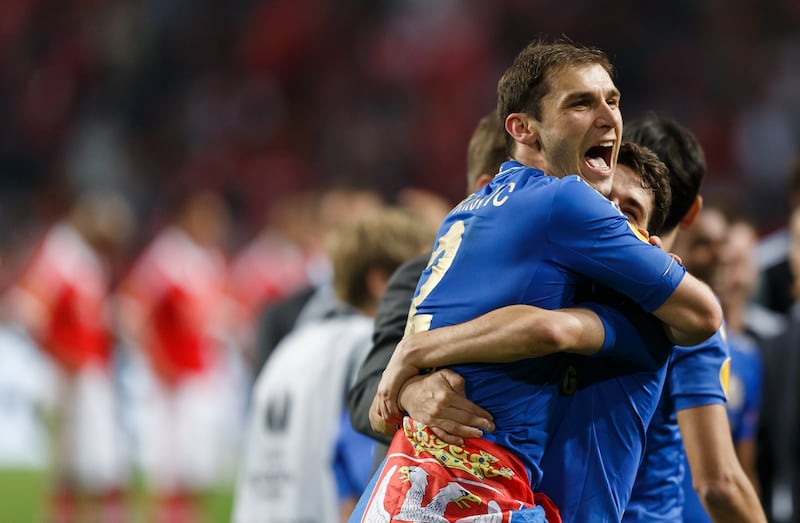
The 2012/13 season was a strange one for Chelsea, who sacked their Champions League-winning manager Roberto Di Matteo just six months after he won the club’s most prestigious trophy.
From then, Rafael Benitez took the job on an interim basis, and while he wasn’t a popular choice at Stamford Bridge, the fans were kept somewhat satisfied by a strong Europa League run.
Chelsea didn’t have it all their own way – beaten by Steaua Bucharest (now known as FC FCSB) and Rubin Kazan in individual knockout games (and progressing via aggregate scorelines), they were made to work for their place in the final with Benfica, which they thrillingly won in extra time thanks to a Branislav Ivanovic header.
Furthermore, the cup completed the club’s collection of all three of Uefa’s major European trophies – it might not have been a second UCL jug, but a trophy’s a trophy, and Benitez gave the fans something to celebrate at the end of what could have been a difficult season.
Atletico Madrid
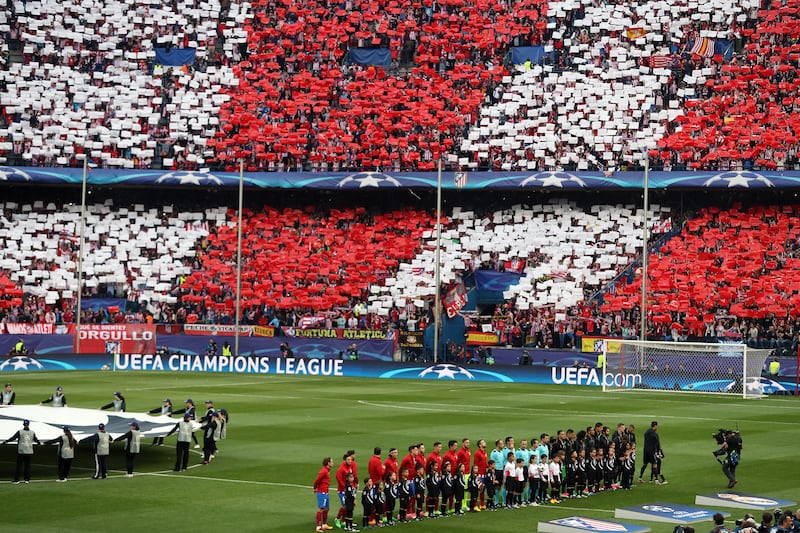
As part of a longer-term plan, the Europa League can be the perfect place to cut your teeth as a team, and after a few years of success in the competition, Atletico Madrid have emerged as one of Europe’s most dominant sides.
In fact, they’re actually the second best team in Europe according to Uefa’s coefficient ranking system – impressive stuff given they were exiting the Europa League at the Round of 32 stage in 2013.
Diego Simeone joined the club as manager in December 2011, guiding them to a second Europa League title in three years that season – since then Atleti have reached two Champions League finals, a semi-final and a quarter-final.
While some of the club’s Europa League players have moved on, the back five in the 2012 final – Thibaut Courtois, Juanfran, Diego Godin, Miranda and Filipe Luis – all helped Simeone’s side become one of the most revered defensive units in Europe from 2013 onwards.
Sevilla
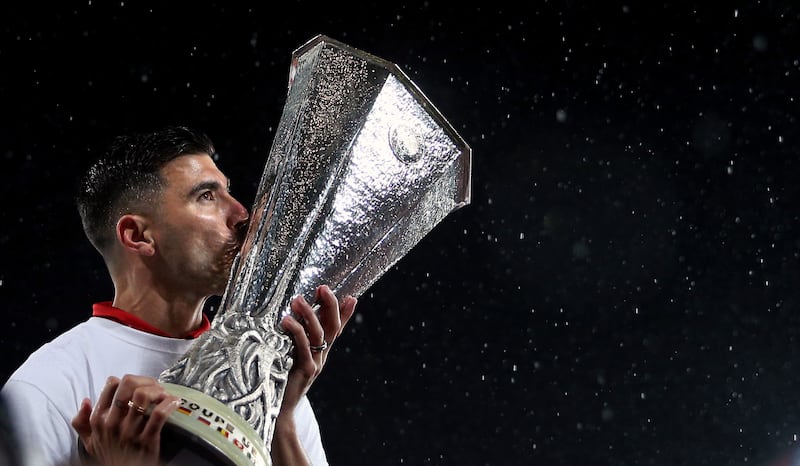
Modern kings of the Europa League, Sevilla have won five of the last 12 tournaments, and won three in a row from 2014 to 2016.
It hasn’t led to anything of consequence in the Champions League – Sevilla haven’t made it past the round-of-16 since winning the Europa League, but no matter.
With Real Madrid, Barcelona and Atletico Madrid dominating La Liga, and the Champions League harder to win as an outsider now as it ever has been, Sevilla’s dominance at a lower level has still earned them European acclaim.
With hopes of winning a maiden Champions League title all but gone, perhaps a Europa League trophy can offer consolation for Arsene Wenger before he retires.
Arsenal
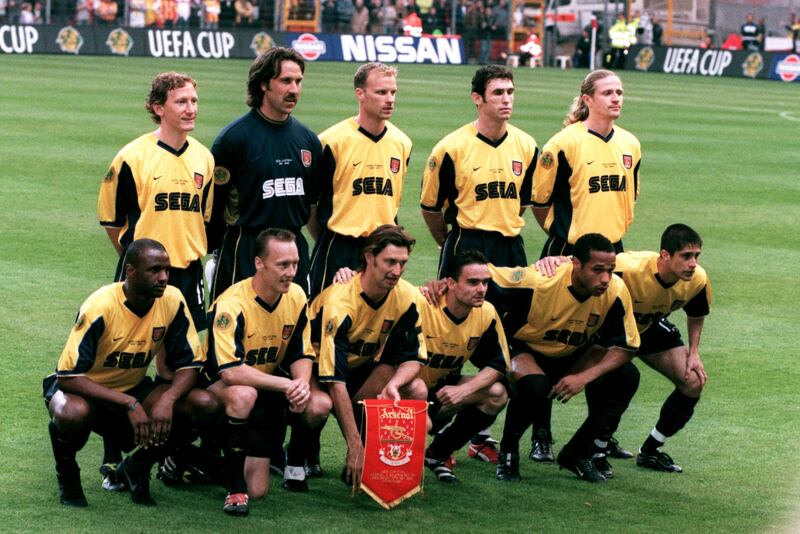
Yes, Arsenal’s last journey through Europe’s second tier, known then as the Uefa Cup, took them as far as the final.
And while it ended in defeat on penalties against Galatasaray, the tournament itself offered the experience upon which Wenger’s second great team was built.
Having been eliminated from the Champions League at the group stage, Arsenal found themselves playing FC Nantes, Deportivo La Coruna, Werder Bremen, and RC Lens on their way to the final, a run which afforded a young Thierry Henry the chance to hone his craft on a European stage.
The French striker scored seven goals before going on to become the club’s record goalscorer, while Arsenal managed two league titles and a status as one of Europe’s better teams over the next decade.
Middlesbrough and Fulham
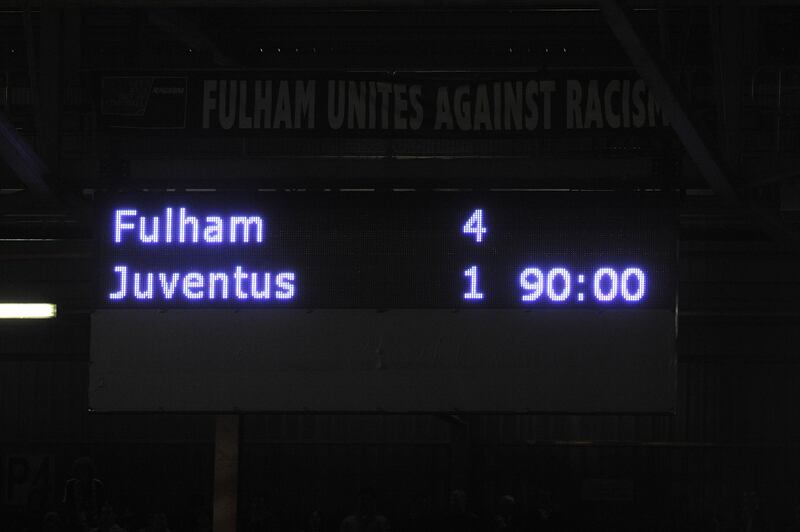
Fulham were 4-1 down on aggregate against Juventus in the second leg of their Europa League last-16 tie in 2010, after a David Trezeguet goal for the Old Lady just two minutes in at Craven Cottage.
What followed was probably the greatest night in Fulham’s history, as the Cottagers scored four without reply to triumph 5-4 on aggregate.
They progressed all the way to the final that year, where they were pipped 2-1 by Atletico Madrid, and they’re not the only English club to surprise in the competition.
Four years earlier, Middlesbrough threatened to upset the odds after their own incredible journey to the final – having beaten Stuttgart, Roma, Basel and Steaua Bucharest on their way, they were hammered 4-0 by Sevilla at the last.
Neither club won the trophy, but the journeys lit up the second half of what could otherwise have been a forgettable pair of seasons.
